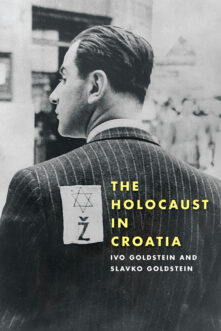Russian and East European Studies
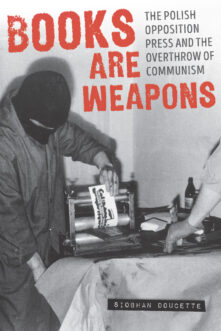

Books Are Weapons
The Polish Opposition Press and the Overthrow of Communism
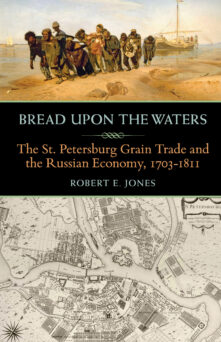

Bread upon the Waters
The St. Petersburg Grain Trade and the Russian Economy, 1703-1811
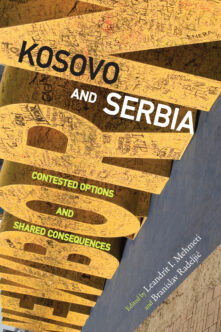

Kosovo and Serbia
Contested Options and Shared Consequences
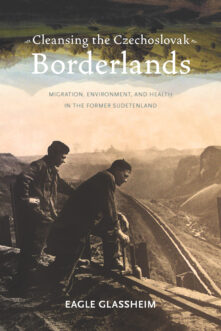

Cleansing the Czechoslovak Borderlands
Migration, Environment, and Health in the Former Sudetenland
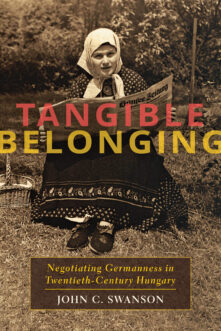

Tangible Belonging
Negotiating Germanness in Twentieth-Century Hungary
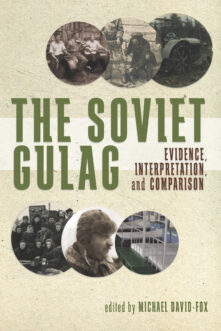

The Soviet Gulag
Evidence, Interpretation, and Comparison
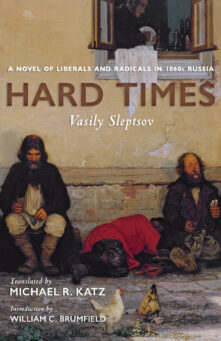

Hard Times
A Novel of Liberals and Radicals in 1860s Russia
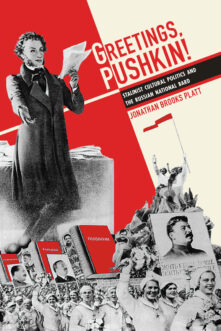

Greetings, Pushkin!
Stalinist Cultural Politics and the Russian National Bard
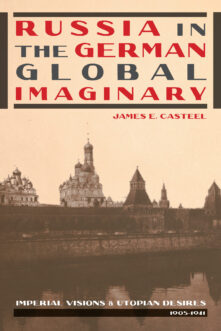

Russia in the German Global Imaginary
Imperial Visions and Utopian Desires, 1905-1941
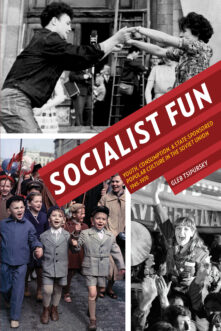

Socialist Fun
Youth, Consumption, and State-Sponsored Popular Culture in the Soviet Union, 1945–1970
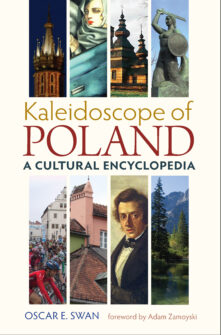

Kaleidoscope of Poland
A Cultural Encyclopedia
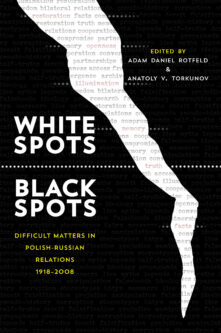

White Spots—Black Spots
Difficult Matters in Polish-Russian Relations, 1918–2008
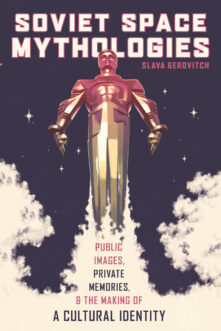

Soviet Space Mythologies
Public Images, Private Memories, and the Making of a Cultural Identity
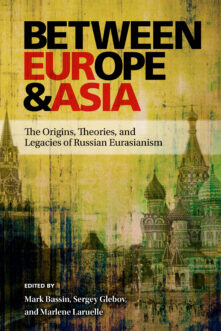

Between Europe and Asia
The Origins, Theories, and Legacies of Russian Eurasianism
Total 112 results found.


